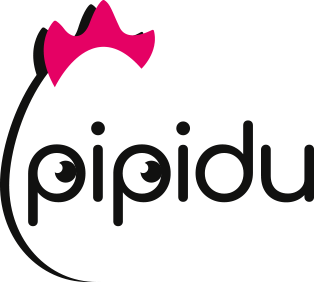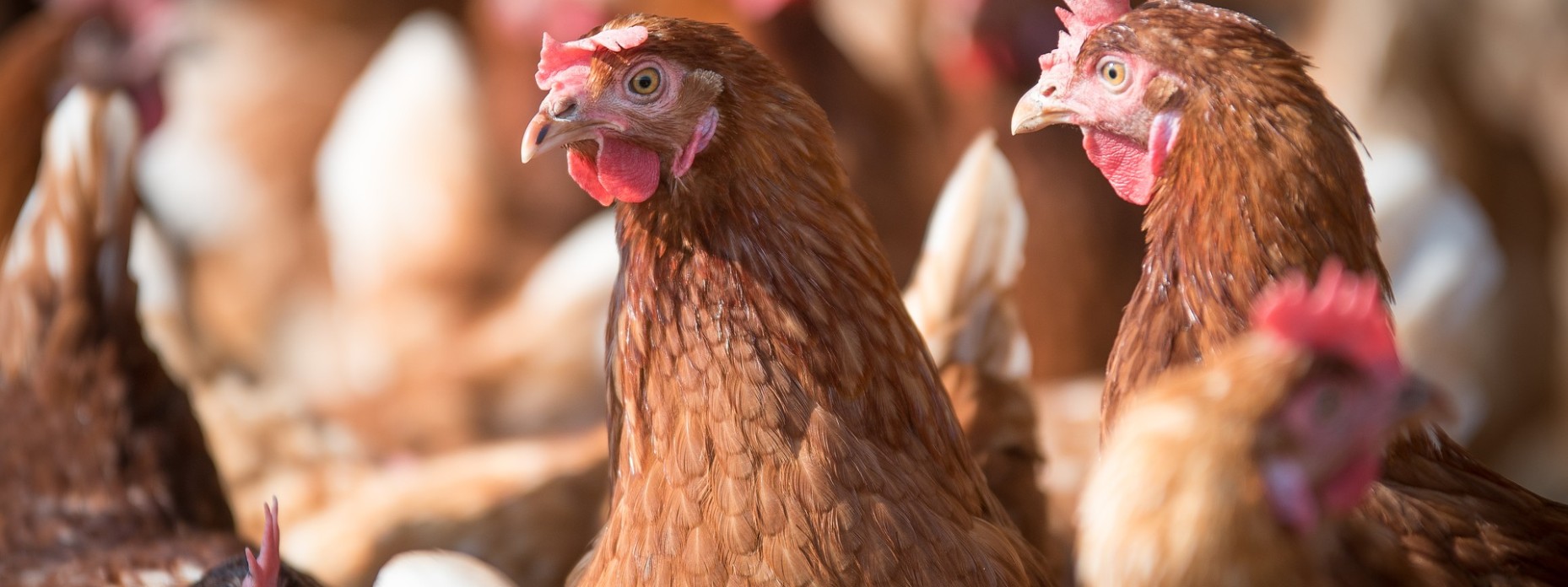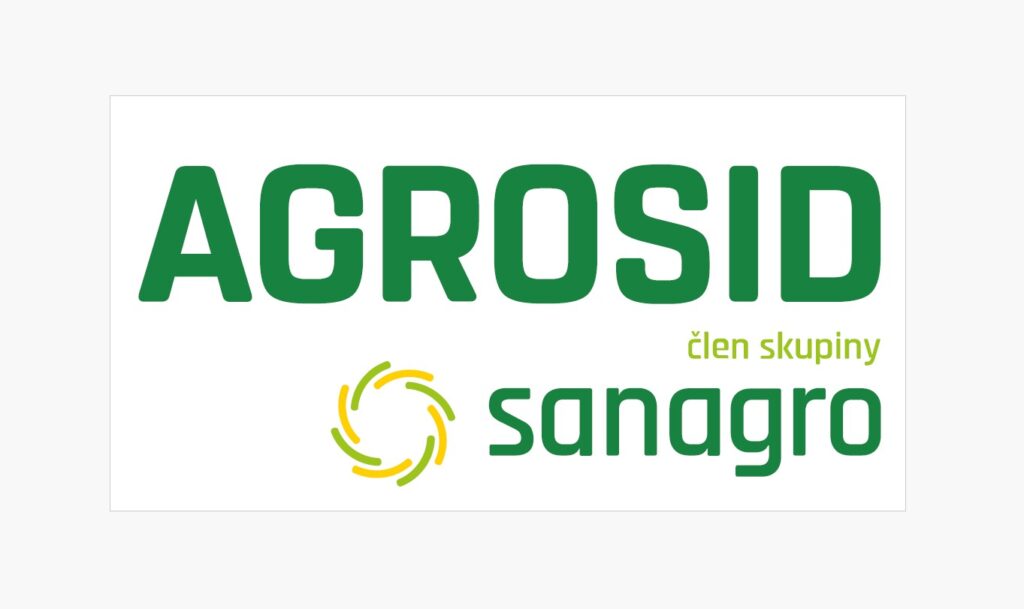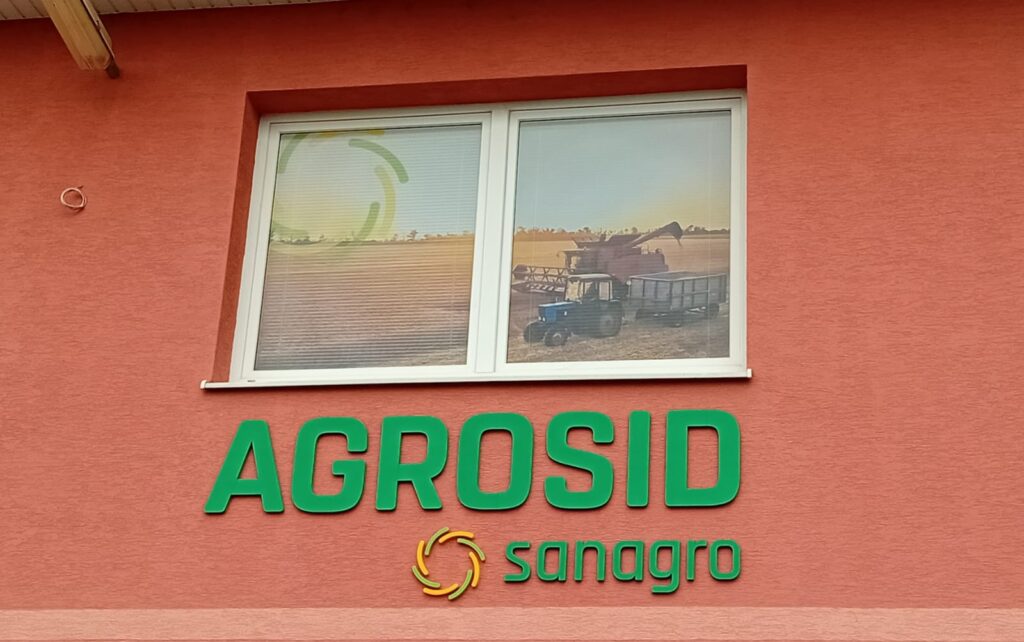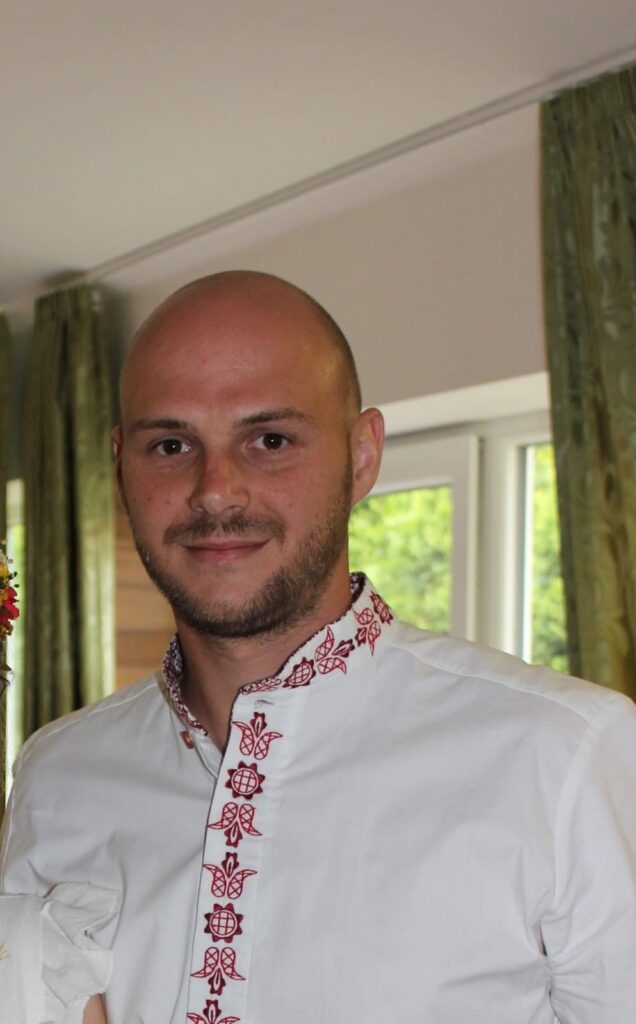Organic eggs from free-range hens as early as May 2022 - SANAGRO expands its production
Is the sad life of caged hens coming to an end? Well-known financiers are building a shed. There will be more eggs
Slovakian laying hens are making their way out of cages and into freer spaces. The trend is clear - if breeders do not adapt, chains will not sell their eggs.
Although the situation in the sector is unflattering and feed prices are rising extremely, farmers are talking of a 500 per cent increase. There is still talk of inevitable price rises and reports warn of an outbreak of bird flu, but new farms are being set up in Slovakia. And they are starting with a trendy concept - free-range laying hen farming.
Free range of laying hens near Senica
A new farm near Senica will be added to the composition of layer breeders in Slovakia in the near future. It is being built by agrofirma SANAGRO. It is owned by Sandberg Capital - a company from the portfolio of Martin Fedor, a former partner of the financial group J&T.
The company will soon open production of organic free-range eggs. "There we are in the finalization phase and we plan to start production in May this year. We will breed 2 thousand laying hens with a monthly production of about 54 thousand eggs," explains the Group CEO SANAGRO Tomas Kohut.
.jpg)
The construction of another breeding shed and enclosure is currently underway. "We plan to start conventional production at the turn of 2022 and 2023. We will breed up to 37 thousand laying hens, and we plan to produce 1 million eggs per month.," he adds.
The company draws on its experience with a free-range mini-breeding of 250 hens in Sobotiště. They started the farm two years ago and the sale of eggs to end consumers has been successful.
"We see the construction of the new shed and the laying hen run as an opportunity that complements our efforts to supply consumers with quality Slovak food.," concludes T. Kohút.
Company SANAGRO has invested in several farms in Slovakia in recent years. They have also started agricultural production - they grow onions, potatoes, carrots, but also sugar beet. They have also entered a farm in Liptov, which produces dairy products. They currently have 11 farms, employ 300 people and farm more than 19 thousand hectares of land. They have been on the market since 2012.
.jpg)
Most breeders will have to rebuild their farms
However, free-range laying is not the rule in Slovakia. On the contrary, cage breeding is still prevalent. Approximately 75 per cent are caged, 24 per cent of laying hens are in litter farms and less than one per cent are in organic farms and free range.
Due to the trend towards cage-free breeding, most breeders will have to rebuild their facilities. According to the Union of Poultry Farmers of Slovakia (ÚHS), the remodelling should cost Slovak breeders approximately 62 million euros.
In Slovakia, two foreign chains have already stopped selling cage eggs and others plan to stop selling them by 2025. But state support is still up in the air, despite the fact that the ÚHS has been warning about the situation for three years. The Ministry of Agriculture has announced a call - Support for investments in agricultural holdings in the amount of EUR 159 million - for the end of January.
The Department is also preparing non-project measures - Rearing of laying hens by alternative system. It will support breeders who have already rebuilt their sheds and breed laying hens in a superior way. The amount of support for alternative rearing will be EUR 65 per livestock unit. However, it should only apply from next year.
Avian flu threatens free-range areas
However, free ranges have one big disadvantage - they can be threatened by bird flu. In Slovakia, it has not yet caused much damage, as 99 percent of farms are in enclosed sheds. This means that wild birds cannot get to the poultry, and farmers are taking very strict measures to prevent infection. In addition, Slovak breeders have recently invested heavily in the renovation of farms to prevent access by wild birds.
"Avian influenza is the nightmare of every poultry farmer and this is doubly true for breeding farms," explains Daniel Molnár, director of the ÚHS.
In Slovakia, avian influenza is now and has been found only in wild birds and small poultry in households. In Slovakia, avian influenza has not been recorded in large poultry farms - in contrast to foreign farms. Free-range farms are particularly at risk, where contact with wild birds can occur and there is a risk of spreading infectious diseases.
"Free-range layer breeders in the Slovak Republic take such measures to ensure that laying hens do not come into contact with wild birds. During the period of avian influenza, laying hens are kept indoors in sheds, which is permitted by legislation for a strictly defined period of time," comments D. Molnár. However, the ÚHS considers cage farming to be the safest.
"We are the only Central European country that has not had problems with avian influenza in poultry farms in recent years, Slovak consumers do not have to worry about eating eggs," concludes D. Molnár.
Also the company SANAGRO is aware of the potential risks. However, they plan to follow the current regulations and recommendations in order to prevent the outbreak.
In addition, breeders have the possibility to solve problems by insuring their animals. Farmers can insure livestock such as cattle, pigs, horses, goats, as well as poultry such as chickens, ducks, geese and turkeys. The sum insured is set by the policyholder and should cover the value of the property they wish to have insured.
"When damage occurs, for example as a result of bird flu, the damage should be reported as soon as possible. The disease is confirmed by the competent regional veterinary and food administration from the samples taken. Once all the necessary documents such as the report on the detection of the disease, the veterinarians' opinion, the official record confirming the killing of the animals and other documents depending on the type of the insured event have been provided, the insurance company will calculate the amount of the damage and compensate the client," explains Helena Kanderková, external communication specialist at Allianz - Slovenská poist'ovňa.
From chicken massacre to grandma casting to McDonald's
Author Magdaléna Švančárková

